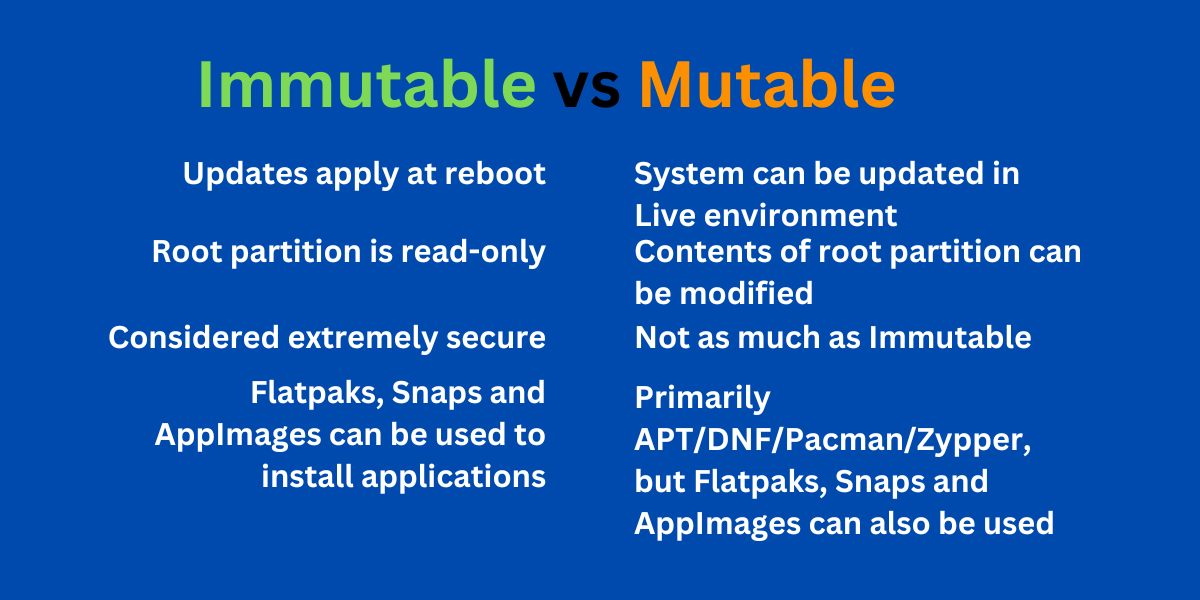this post was submitted on 13 Jan 2025
351 points (93.3% liked)
Linux
50208 readers
1808 users here now
From Wikipedia, the free encyclopedia
Linux is a family of open source Unix-like operating systems based on the Linux kernel, an operating system kernel first released on September 17, 1991 by Linus Torvalds. Linux is typically packaged in a Linux distribution (or distro for short).
Distributions include the Linux kernel and supporting system software and libraries, many of which are provided by the GNU Project. Many Linux distributions use the word "Linux" in their name, but the Free Software Foundation uses the name GNU/Linux to emphasize the importance of GNU software, causing some controversy.
Rules
- Posts must be relevant to operating systems running the Linux kernel. GNU/Linux or otherwise.
- No misinformation
- No NSFW content
- No hate speech, bigotry, etc
Related Communities
Community icon by Alpár-Etele Méder, licensed under CC BY 3.0
founded 5 years ago
MODERATORS
you are viewing a single comment's thread
view the rest of the comments
view the rest of the comments

A distro can be both atomic and immutable, and they often go hand in hand.
Immutable simply means the core of a distro is read-only, meaning it cannot be modified by usual means. There are still ways to modify these files, but it works differently than in other distros.
Atomic distros are ones that update atomically. Atomic is used to describe an operation that cannot be cancelled in the middle of it, they either complete, or nothing changes. This means you can't break things by cancelling an update midway through. Atomic distros also often come with the ability to rollback to the previous build of the system.
Doesn't all immutable distros have updates that can't be cancelled and that will either complete or not change anything?
I only just started learning about immutable distros so I may be completely wrong but it's how I understand them to work when reading about it.